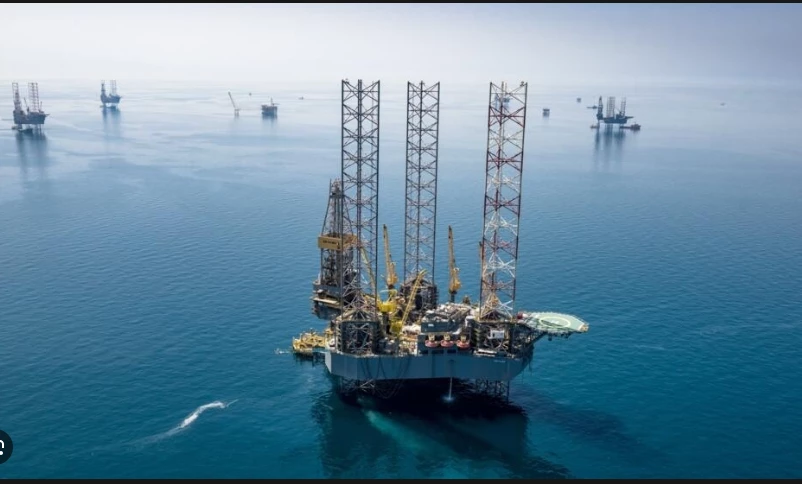Saudi Aramco halts plan to raise production capacity

Stay tuned with 24 News HD Android App

Saudi Arabia has ordered energy giant Aramco to maintain its oil production capacity at 12 million barrels per day, abandoning a planned increase, the firm said on Tuesday.
"Aramco announces that it has received a directive from the ministry of energy to maintain its maximum sustainable capacity (MSC) at 12 million barrels per day" instead of ramping it up to 13 million bpd, the firm said in a statement.
"The company will update its capital spending guidance when its full-year 2023 results are announced in March."
Saudi Arabia is the world's largest crude exporter and Aramco is the jewel of the Gulf kingdom's economy.
Aramco's profits are expected to finance Crown Prince Mohammed bin Salman's sweeping economic and social reform programme known as Vision 2030, which aims to lay the groundwork for an eventual post-oil future.
Riyadh announced the planned production capacity increase in October 2021, the same month it pledged to achieve net zero carbon emissions by 2060 –- drawing intense scepticism from environmental activists.
Aramco said it planned to achieve production capacity of 13 million bpd by 2027.
The decision to drop the target "suggests Riyadh is not very confident that the world will need so much additional capacity and that the investment required to get to and maintain 13 million bpd is better spent elsewhere," said Jamie Ingram, senior editor at the Middle East Economic Survey.
He noted that earlier this month Aramco more than doubled its funding for its venture capital arm, Aramco Ventures, from $3 billion to $7 billion.
- Climate talks -
Aramco has pledged to achieve "operational net-zero" carbon emissions by 2050.
That applies to emissions that are produced directly by Aramco's industrial sites, but not the CO2 produced when clients burn Saudi oil in their cars, power plants and furnaces.
In the lead-up to the COP28 climate change talks in Dubai last year, Saudi Arabia was among the loudest voices calling for more investment in fossil fuel production, saying it was necessary to fight energy poverty in regions such as Africa.
Saudi Energy Minister Prince Abdulaziz bin Salman voiced staunch opposition to any agreement emerging from the talks that would have explicitly mentioned a "phase-down" or "phase-out" of fossil fuels.
In the end, nearly 200 countries adopted a deal stating the world will be "transitioning away from fossil fuels" in order to achieve net-zero emissions by 2050.
Prince Abdulaziz played down the significance of the text, insisting it would have "no impact on exports" and that it "doesn't impose anything" on oil-producing countries, allowing them to cut emissions "according to their means and interests".
Tuesday's announcement was not expected to have an immediate effect on production or exports.
After a series of oil supply cuts dating back to October 2022, Saudi Arabia's daily production stands at approximately nine million bpd, far below its capacity of 12 million bpd.
Aramco reported record profits in 2022 after Russia's invasion of Ukraine sent oil prices soaring, allowing Saudi Arabia to record its first budget surplus in nearly a decade.
Lower prices resulted in year-on-year profit drops of 23 percent in the third quarter, 38 percent in the second quarter and 19.25 percent in the first quarter of last year, with fourth quarter earnings yet to be announced.
